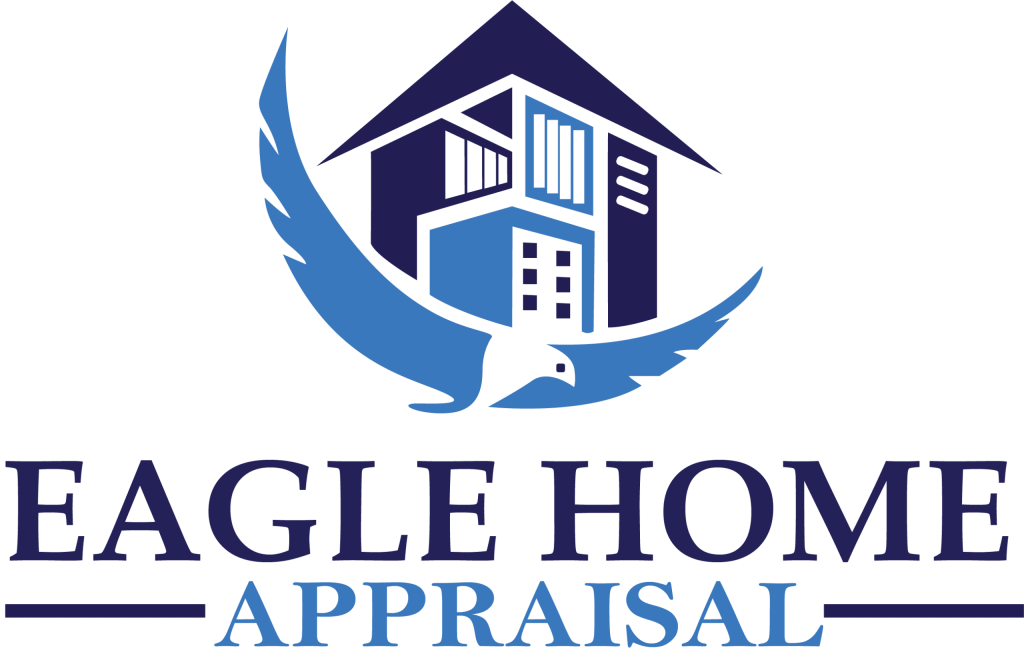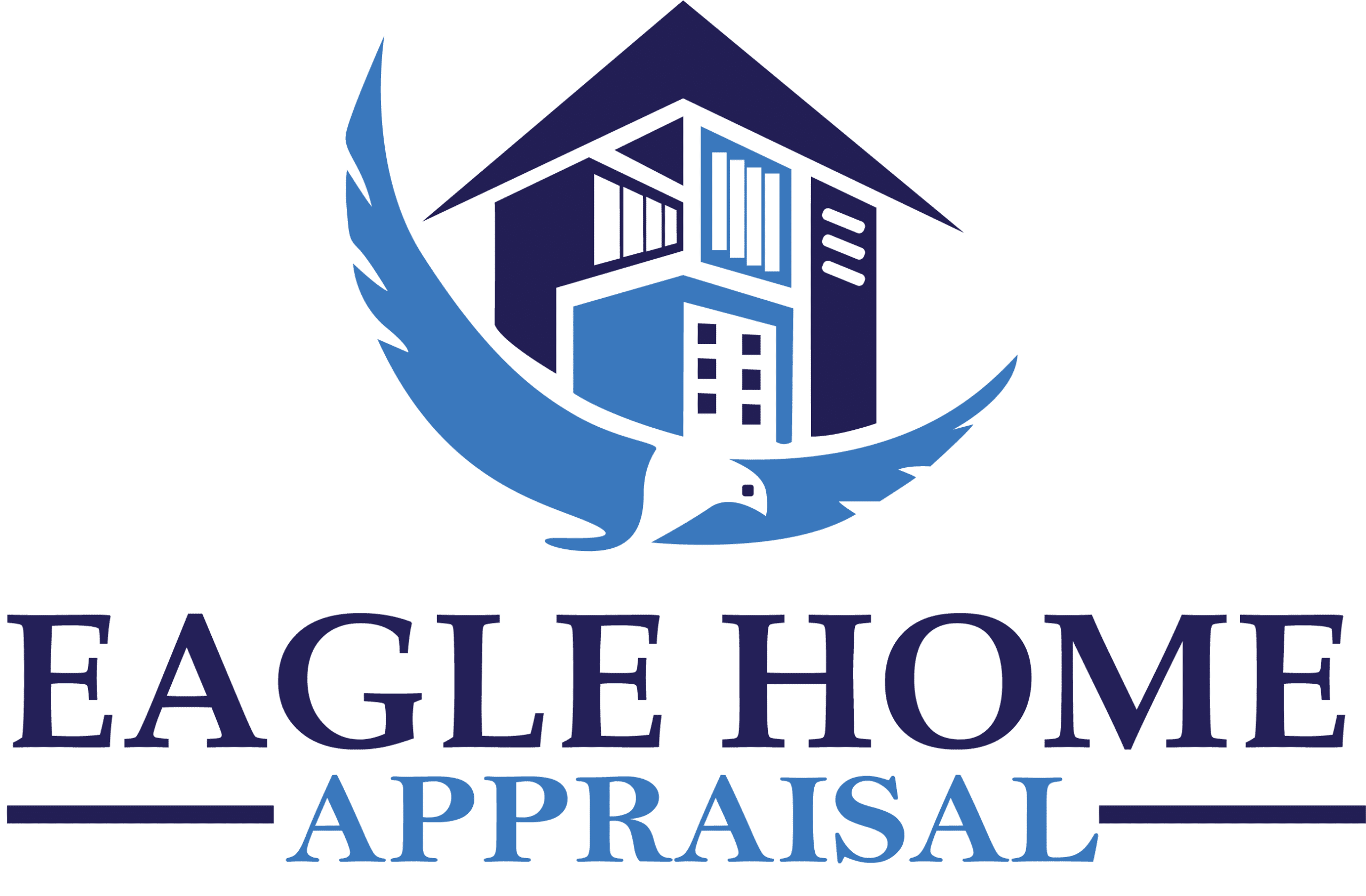How Appraisers Stay Unbiased and Why It Matters
 When it comes to real estate—whether buying, selling, refinancing, or navigating legal matters—an accurate home appraisal is essential. Appraisers play a critical role in determining a property’s fair market value, and the decisions made based on their findings often involve tens or even hundreds of thousands of dollars. Because of this, appraisers must remain completely unbiased in their work.
When it comes to real estate—whether buying, selling, refinancing, or navigating legal matters—an accurate home appraisal is essential. Appraisers play a critical role in determining a property’s fair market value, and the decisions made based on their findings often involve tens or even hundreds of thousands of dollars. Because of this, appraisers must remain completely unbiased in their work.
But how do they ensure fairness when pressure from buyers, sellers, lenders, or attorneys might come into play? What prevents an appraiser from bending under the influence of a party hoping to sway the valuation in their favor?
This article takes a deep dive into the systems, rules, and professional standards that uphold the integrity of the appraisal process—and why their impartiality matters for everyone involved.
Why Appraiser Neutrality Is So Important
Whether you’re purchasing your dream home or refinancing to tap into your equity, the outcome of the appraisal can significantly impact your transaction. Here’s why unbiased appraisals matter across the board:
- For Buyers: An overinflated appraisal could mean paying too much for a property. Conversely, an underappraised home might tank the deal or require additional funds to cover the loan gap.
- For Sellers: A low appraisal can prevent a sale from moving forward—even if the buyer is ready to pay the asking price.
- For Lenders: Banks and mortgage lenders rely on appraisals to ensure they’re not financing more than a property is worth, which protects them from future loss if the borrower defaults.
- For Homeowners Refinancing: The appraised value can affect your ability to refinance, how much equity you can access, or whether you’ll need private mortgage insurance (PMI).
- For Legal Cases: In divorce settlements, estate planning, or tax disputes, courts require valuations that are objective and legally defensible.
In all these situations, the appraiser acts as an independent third party. Their neutrality ensures that the transaction proceeds based on facts—not financial pressure or emotional attachment.
The Rules That Govern Appraisers
To maintain a high standard of ethics and objectivity, appraisers in the United States must follow the Uniform Standards of Professional Appraisal Practice (USPAP). Created by The Appraisal Foundation, USPAP serves as the national rulebook for the profession. Compliance with these standards is enforced by state licensing boards and professional appraisal organizations.
Here are key USPAP principles that protect neutrality:
- Independence: Appraisers must not be influenced by any party to the transaction, whether it’s the buyer, seller, or lender.
- Objectivity: Appraisals must be based solely on market data and not shaped by opinions, desired outcomes, or outside pressure.
- Transparency: Appraisers must disclose all information, assumptions, and adjustments used in their reports.
- Confidentiality: Client and report details must remain private, shared only with authorized parties.
- Ongoing Education: Appraisers are required to update their knowledge regularly to maintain their licenses and stay current with industry practices.
Together, these principles help ensure that every appraisal is consistent, professional, and grounded in verifiable facts.
How Appraisers Remain Unbiased in Practice
Ethical guidelines are essential, but how do they actually play out in the day-to-day work of an appraiser? Here’s how professionals in the field ensure their objectivity from assignment to report delivery.
1. Avoiding Conflicts of Interest
A licensed appraiser cannot accept assignments where there is a potential conflict of interest. For instance, they are not allowed to appraise a property owned by a family member, close friend, or business associate. They must also avoid properties in which they have a financial stake—such as one they are planning to buy or sell.
This protects the credibility of their reports and keeps personal bias out of professional decisions.
2. Refusing Contingent Assignments
Appraisers are prohibited from accepting assignments where compensation is tied to delivering a specific result. For example, a client cannot say, “I’ll pay extra if you can value this at $500,000.” Accepting such an offer would violate USPAP and could result in license revocation.
All appraisal fees must be agreed upon before the assignment and must not depend on the outcome.
3. Using Objective Market Data
Professional appraisers rely on tangible, data-driven inputs to determine value. These include:
- Recent comparable sales (comps)
- Current market conditions
- Property characteristics (square footage, age, upgrades)
- Neighborhood and location trends
Rather than relying on guesswork or client expectations, appraisers use tried-and-true valuation methods backed by factual evidence.
4. Documenting Their Process
Every adjustment an appraiser makes—whether it’s adding value for a new kitchen or subtracting for deferred maintenance—must be supported by data and explained in the report. This detailed documentation ensures transparency and allows anyone reading the report (including underwriters, agents, or courts) to follow the logic behind the valuation.
5. Being Subject to Review
Appraisers are regularly reviewed by:
- Lenders and mortgage underwriters
- Appraisal management companies (AMCs)
- State licensing boards
If their reports show patterns of bias, inconsistency, or poor-quality analysis, they can face investigations, fines, license suspension, or even legal action. This accountability encourages careful, neutral work from every appraiser.
Can You Influence an Appraiser?
While you can’t pressure an appraiser to reach a certain value (nor should you try), there are ways to assist them with useful, factual information that improves accuracy. Here’s how you can help without crossing the line:
- Provide a list of upgrades or renovations, including dates, permits, and receipts
- Highlight relevant comparable sales that may not be obvious in public records
- Make the property accessible, clean, and safe to inspect
- Answer questions honestly and promptly, without trying to “sell” the value
The goal is to inform—not influence. Providing facts helps the appraiser consider all elements that could legitimately affect value.
Why It Matters for You
A trustworthy appraisal benefits everyone involved in a transaction:
- Buyers can be confident they’re not overpaying.
- Sellers receive a realistic view of what their home is worth in the current market.
- Lenders can base financing decisions on solid, third-party evaluations.
- Homeowners refinancing have peace of mind that their equity calculations are accurate.
- Legal professionals rely on fair valuations for divorce, estate, or tax-related proceedings.
Because so much rides on an appraiser’s judgment, it’s crucial to work with professionals who follow ethical standards and industry best practices.
Final Thoughts
Appraisals are more than just paperwork—they are critical evaluations that influence some of the biggest financial decisions you’ll ever make. Whether you’re buying your first home or settling an estate, you need an appraiser who is fair, qualified, and above all, unbiased.
Licensed appraisers follow strict ethical codes, rely on proven data, and operate free from personal interest. Their commitment to neutrality protects your transaction, your investment, and your peace of mind. While most people associate appraisals with buying or selling property, there are many other important situations where a professional valuation is essential. From refinancing to legal matters like divorce or probate, understanding when a real estate appraisal is needed outside of a home sale can help you make informed, confident decisions.
Need a Trusted Local Appraiser?
At Eagle Home Appraisal in Gilbert, AZ, our certified professionals bring impartiality, integrity, and deep market knowledge to every assignment. Whether you’re buying, refinancing, or managing a legal matter, you can count on us for fair, accurate, and unbiased appraisals.
Divorce Appraisals
At Eagle Home Appraisal Gilbert, we specialize in providing expert divorce appraiser services, offering expert witness testimony when necessary.
Estate & Trust Appraisals
At Eagle Home Appraisal Gilbert, we offer a comprehensive range of professional estate appraisal services to facilitate estate and trust planning.
IRS & Tax Appraisals
At Eagle Home Appraisal Gilbert, we specialize in providing professional IRS tax appraisal services to minimize capital gains on inherited property.
Real Estate Appraisal
Eagle Home Appraisal is a group of independent fee appraisers committed to delivering competent, credible, and reliable appraisal reports.
Eagle Home Appraisal Services Near Me
Comprehensive Property Appraisals
Expert Witness Testimony
Fair Market Value Assessments
Rapid Turnaround Times
Customized Solutions
Contact Eagle Home Appraisal Today
For more information about our services, get in touch with Eagle Home Appraisal. Our team is dedicated to providing the best customer service, ensuring all your appraisal needs are met with professionalism and expertise. Contact us today to learn more about how we can assist you.
Get A Free Consultation

copyright @2025 all rights reserved | Privacy-policy





